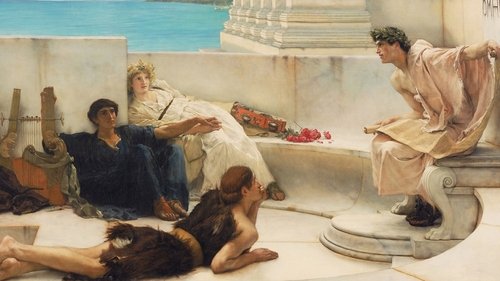TalkDocumentary

The Worst Episodes of The Great Ideas of Philosophy, 2nd Edition
Every episode of The Great Ideas of Philosophy, 2nd Edition ranked from worst to best. Explore the Worst Episodes of The Great Ideas of Philosophy, 2nd Edition!

The Worst Episodes of The Great Ideas of Philosophy, 2nd Edition
TalkDocumentary
Every episode of The Great Ideas of Philosophy, 2nd Edition ranked from worst to best. Explore the Worst Episodes of The Great Ideas of Philosophy, 2nd Edition!
These lectures offer a coherent and beautifully articulated introduction to the great philosophic conversation of the ages. They cover an enormous range of seminal thinkers...
Seasons1
Worst Episodes Summary
"From the Upanishads to Homer" is the worst rated episode of "The Great Ideas of Philosophy, 2nd Edition". It scored /10 based on 0 votes. Directed by Unknown and written by Unknown, it aired on 1/1/2004. This episode scored 0.0 points lower than the second lowest rated, "Philosophy—Did the Greeks Invent It?".

